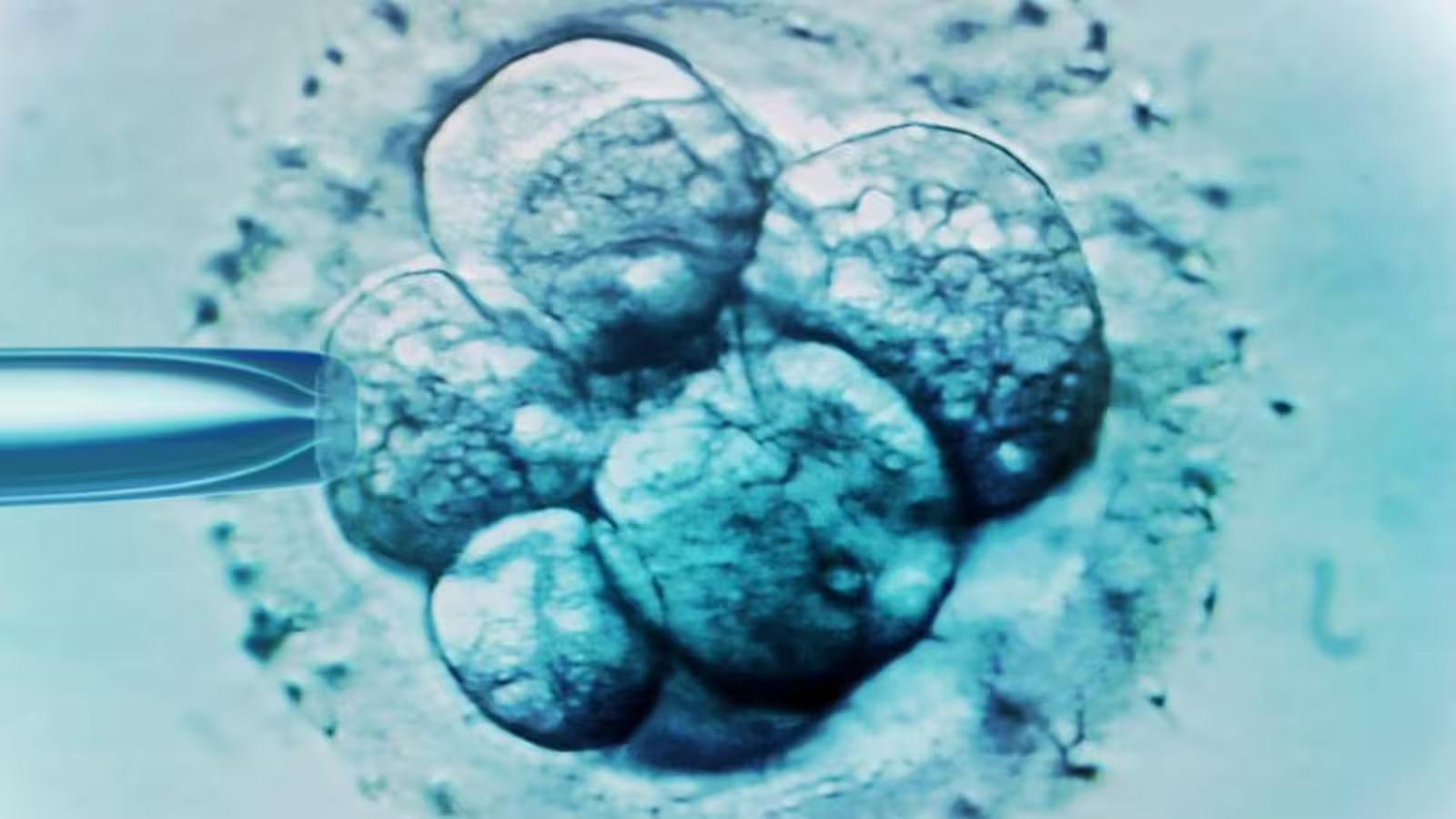4 Minutes
Record-Breaking Birth Demonstrates Advances in Embryo Cryopreservation
In a groundbreaking achievement for reproductive medicine, a baby boy has been born from an embryo that was cryopreserved for over 30 years, setting a new record for the longest-frozen embryo to result in a successful live birth. This remarkable event underscores not only the transformative power of in vitro fertilization (IVF) technology but also highlights evolving ethical, scientific, and regulatory challenges in the field of reproductive science.
Background: Three Decades in Cryogenic Storage
The journey of this unique embryo began in 1994, when Linda Archerd and her then husband, undergoing IVF treatment in the United States, froze several embryos. After the birth of their daughter, three remaining embryos were safely stored in deep freeze—suspended in time as scientific marvels and potential new lives.
Decades later, seeking to help others build a family, Archerd chose to donate the stored embryos to hopeful adoptive parents. Lindsey and Tim Pierce became the recipients of this rare opportunity through a specialized embryo adoption program, ultimately welcoming their long-awaited son in July 2025.
"We didn't embark on this journey seeking to break records," Lindsey Pierce shared in an interview with MIT Technology Review. "Our only wish was to have a child."
The Role of IVF Technology and Evolving Regulations
The successful birth was facilitated by a fertility clinic in Tennessee, recognized for its commitment to advancing IVF treatment. Dr. John Gordon, a reproductive endocrinologist and the clinic's director, believes in offering every embryo a chance at life—a perspective underscored by his personal convictions and reflected in the clinic's practices.
Unlike most international jurisdictions, U.S. fertility clinics operate under relatively lenient storage regulations. While Australia restricts embryo freezing to five years and the United Kingdom allows up to 55 years, U.S. law imposes no national limit on embryo cryopreservation. This regulatory flexibility, unique in the global landscape of reproductive medicine, has resulted in an estimated 1.5 million embryos currently being stored across the country.
However, the indefinite freezing of embryos presents complex legal and ethical questions. Many embryos remain unclaimed, limiting their use in reproduction or research, and sparking ongoing debate among experts. As computational biochemist Shina Caroline Lynn Kamerlin wrote in 2024, "These are formidable numbers that keep growing every year with currently no clear ethical or legal means to reach a practical solution."

Medical and Scientific Considerations
The birth of a healthy child from such a long-preserved embryo raises both fascination and questions about embryo viability, long-term storage, and potential health outcomes for resulting children. Cryopreservation technology has evolved significantly since the early 1990s, and handling older embryos can pose challenges, as thawing techniques and media have improved over time.
Recent research provides valuable, albeit mixed, insights. A retrospective study conducted in China in 2022 indicated that extended storage time could affect embryo survival rates at thaw, yet it did not appear to significantly impact neonatal health outcomes. Other investigations suggest the duration of cryopreservation may not have a decisive effect on embryo viability post-thaw, but most studies have focused on embryos frozen for far shorter periods than 30 years.
Fertility programs in the U.S. are frequently pushing these scientific boundaries, testing the resilience of cryopreserved embryos through transfers that result in healthy births—even decades after initial freezing.
The Adoption Pathway and Family Dynamics
The Pierce family's experience was facilitated by the Snowflakes Embryo Adoption Program, coordinated by the Nightlight Christian Adoptions agency. Executive director Beth Button noted that "over 90 percent of clinics in the U.S. would likely not have accepted embryos frozen for so long," underlining the rarity and boldness of this particular case.
Such adoptions can lead to unique family situations: the Pierce's son, gestationally conceived in the mid-1990s, now has a sibling (Archerd's daughter) who is roughly 30 years his senior. This dynamic exemplifies the novel social and familial relationships made possible by advances in reproductive science.
Future Prospects and Broader Implications
The story of the world's oldest baby born from a frozen embryo not only demonstrates the evolving capabilities of cryogenic and IVF technology but also invites critical reflection on ethical frameworks and parenthood in the age of assisted reproduction. As more clinics stretch the boundaries of what is possible, ongoing research will be crucial to understanding the full implications of long-term embryo storage on health, family, and society.
Conclusion
The historic birth of a child from a 30-year-old frozen embryo stands as a milestone at the intersection of science, technology, and ethics. It affirms the extraordinary possibilities enabled by modern reproductive medicine while highlighting the need for thoughtful ethical guidelines and continued scientific investigation. With a growing number of embryos in cryogenic storage worldwide, this case will shape discussions about the future of fertility treatments, embryo adoption, and the definition of family for years to come.
Source: sciencealert



Comments